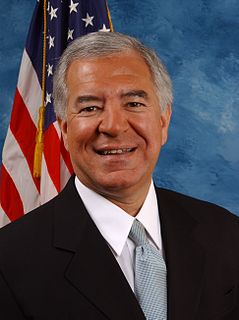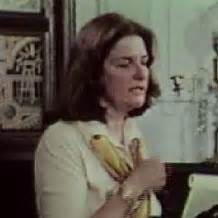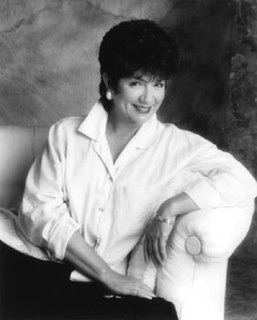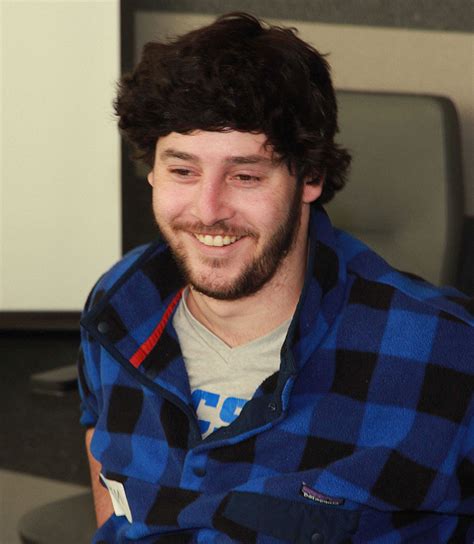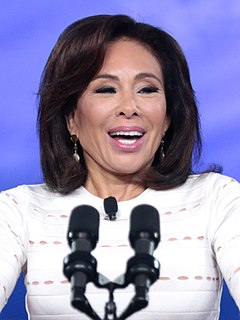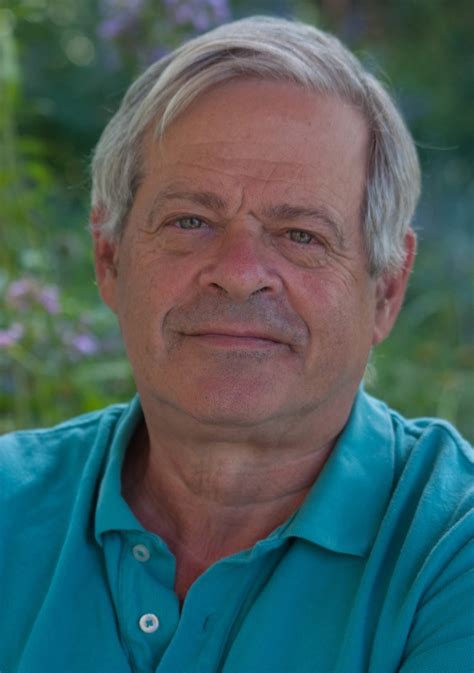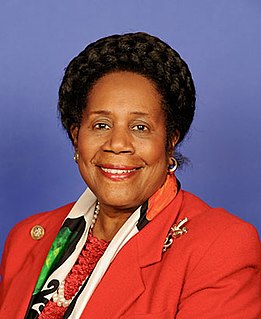A Quote by Bob Woodward
The Washington Times wrote a story questioning the authenticity of some of the suggestions made about me in Silent Coup. But as a believer in the First Amendment, I believe they have more than a right to air their views.
Related Quotes
I still don't like the word agnostic. It's too fancy. I'm simply not a believer. But, as simple as this notion is, it confuses some people. Someone wrote a Wikipedia entry about me, identifying me as an atheist because I'd said in a book I wrote that I wasn't a believer. I guess in a world uncomfortable with uncertainty, an unbeliever must be an atheist, and possibly an infidel. This gets us back to that most pressing of human questions: why do people worry so much about other people's holding beliefs other than their own?
There are leaks from the Embassy in Honduras. There was a coup in 2009. Obama broke with most of Latin America and even Europe and supported the military coup, still does. The ambassador in Honduras sent back a detailed analysis saying the coup was military, illegal, unconstitutional, and that the legitimate president was thrown out. Okay, we now know that Washington was perfectly aware of that and decided to support the military coup anyway. We should have known that at the time. The government has no right to keep that information secret.
I believe together, with the OAS, everybody condemned the coup d'etat, and everybody is demanding that President Zelaya should go back to the presidency, and they should call for general elections and realize an election. That's what we want. And I believe that President Obama made the right decisions condemning the coup d'etat.
There is no question that under the Equal Rights Amendment there will be debates at times, indecision at times, litigation at times. Has anyone proposed that we rescind the First Amendment on free speech because there is too much litigation over it? Has anyone suggested the same for the Fourteenth Amendment I don't suppose there has ever been a constitutional amendment with so much litigation?
...The Bill of Rights is a literal and absolute document. The First Amendment doesn't say you have a right to speak out unless the government has a 'compelling interest' in censoring the Internet. The Second Amendment doesn't say you have the right to keep and bear arms until some madman plants a bomb. The Fourth Amendment doesn't say you have the right to be secure from search and seizure unless some FBI agent thinks you fit the profile of a terrorist. The government has no right to interfere with any of these freedoms under any circumstances.
I took to writing as my medicine to help me stay afloat in acting career journey. I wrote about me breaking hearts, and my heart being broken. I wrote about my views whether they were liberal or conservative. I wrote about everything. I wrote about my life. When I did not have paper coming in as green backs, I'd use random pieces of paper for stories. It was like, I got no money, but I have paper to write. So I wrote.
I wrote the book Don't Die, My Love as I was going through radiation, so it certainly has an air of authenticity about it because I was there. I think all of my books took on kind of a deeper tone when the lady who wrote about cancer all of a sudden had cancer. I'm doing well. I went through it all and they said, 'You're fine."
When they took the Fourth Amendment, I was silent because I don't deal drugs. When they took the Sixth Amendment, I kept quiet because I know I'm innocent. When they took the Second Amendment, I said nothing because I don't own a gun. Now they've come for the First Amendment, and I can't say anything at all.
My parents made it clear that I should never display even the slightest disrespect to individuals who had the power to let me skip a half grade or move into more challenging classes. While it was all right for me to know more about a topic than my sixth-grade teacher had ever learned, questioning her facts could only lead to trouble.
When an individual is taken into custody or otherwise deprived of his freedom by the authorities in any significant way and is subjected to questioning... He must be warned prior to any questioning that he has the right to remain silent, that anything he says can be used against him in a court of law, that he has the right to the presence of an attorney, and that, if he cannot afford an attorney one will be appointed for him prior to any questioning if he so desires.

